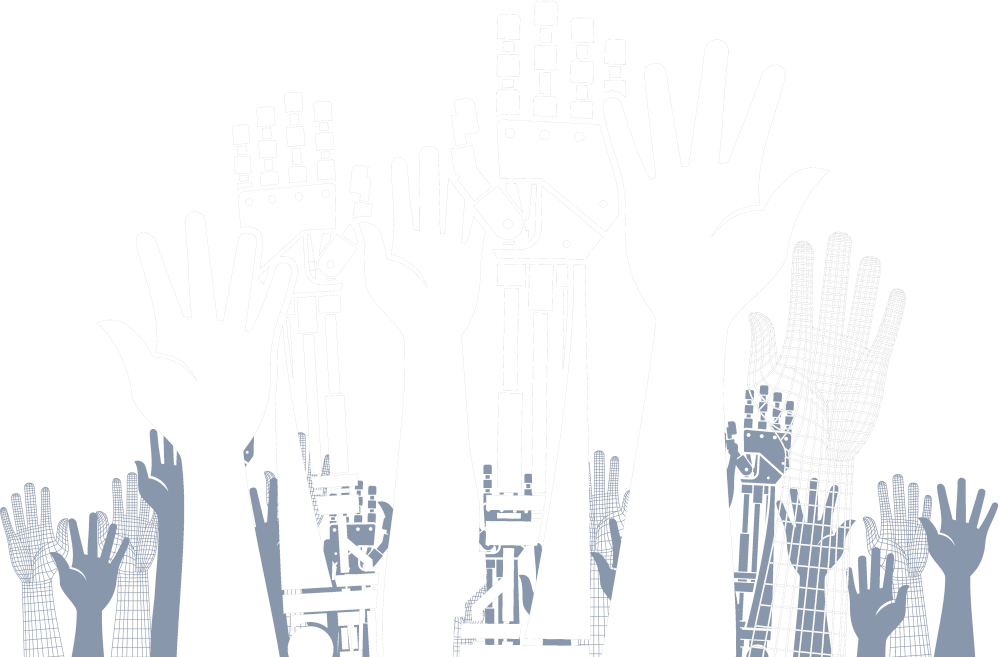

The central event in the international calendar for the COMSOC community is the biannual COMSOC Workshop. COMSOC is an interdisciplinary, informal, and inclusive event. It attracts both computer scientists and economists (and many others), and it welcomes both firmly established members of the community and newcomers. Papers are carefully reviewed, yet the proceedings are informal only, meaning that authors are free to formally publish their work elsewhere. Nobody presents more than one paper.
The workshop has been taking place every other year since 2006, with the exception of 2020, when we skipped a year due to the COVID-19 pandemic. The coordination of the series is in the hands of a Steering Committee serving at the pleasure of the community.
8th International Workshop on Computational Social Choice
Haifa and Online, 7-10 June 2021
7th International Workshop on Computational Social Choice
RPI, Troy, New York, 25-27 June 2018
3rd International Workshop on Computational Social Choice
Düsseldorf, 13-16 September 2010
The COMSOC workshop series is coordinated by a Steering Committee. This committee consists of four members of the COMSOC research community. By default, these are the PC chairs of the two previous editions of the workshop, although the community may choose to appoint alternative candidates during its Business Meeting at the workshop.
The role of the Steering Committee is to:
Regarding point (1), the Steering Committee will aim to decide on the next venue and PC chairs at least 18 months before the event. The preferred method for choosing a venue is by publicly soliciting bids to host the workshop. One PC chair is usually affiliated with the hosting institution; at least one of the two PC chairs should be a long-time member of the COMSOC research community.
Regarding point (2), some of the characteristics of the COMSOC workshop series are that COMSOC is an interdisciplinary, informal, and inclusive event. Specifically, this means that there is no attempt to provide a narrow definition of topics of interest; that both established researchers and newcomers to the field can present their work; that authors can expect to receive in-depth feedback on their papers from the members of a dedicated PC; that there is no attempt to compete with archival conferences; and that registration fees are very low (i.e., organisers must find substantial sponsorship to be able to offer an attractive programme with several high-profile invited speakers).
To get an idea of what is involved in organising one of the workshops in the series, have a look at the Call for Bids to host the 2025 edition of the workshop. But note that the deadline has now passed.